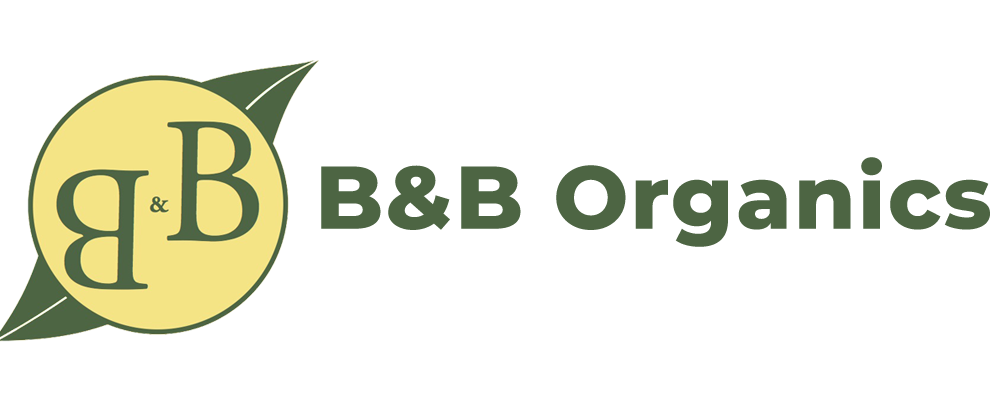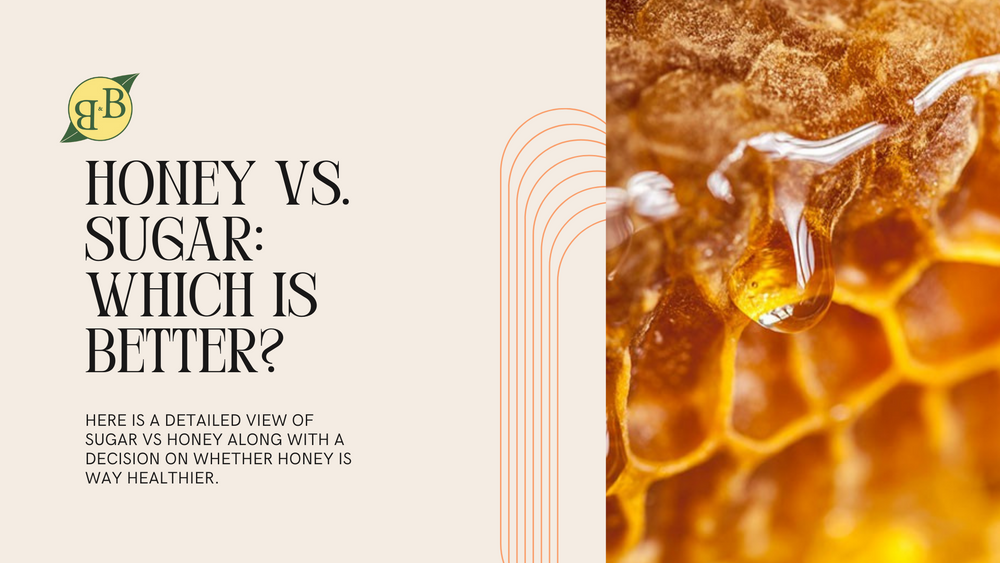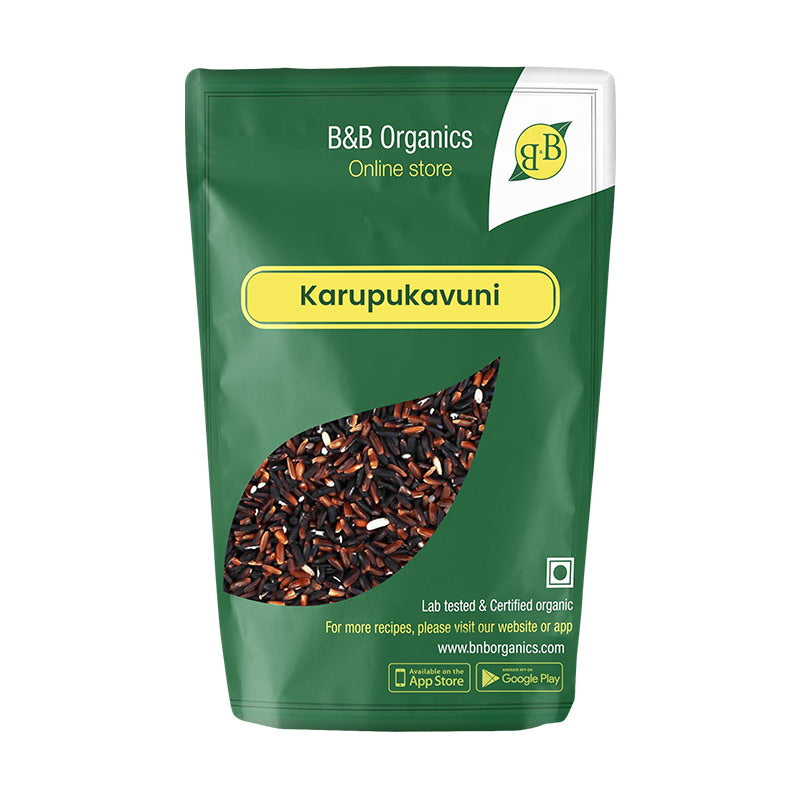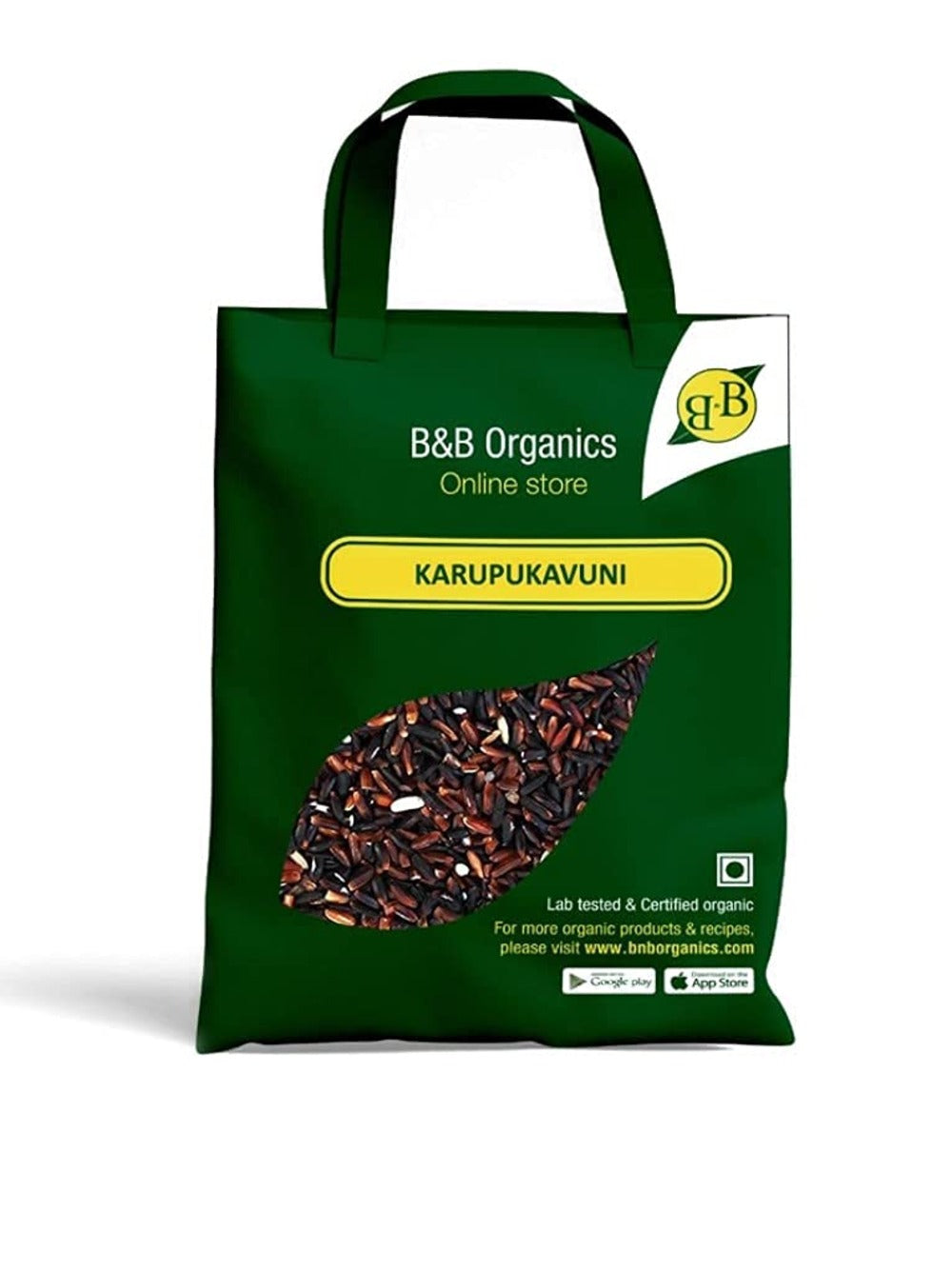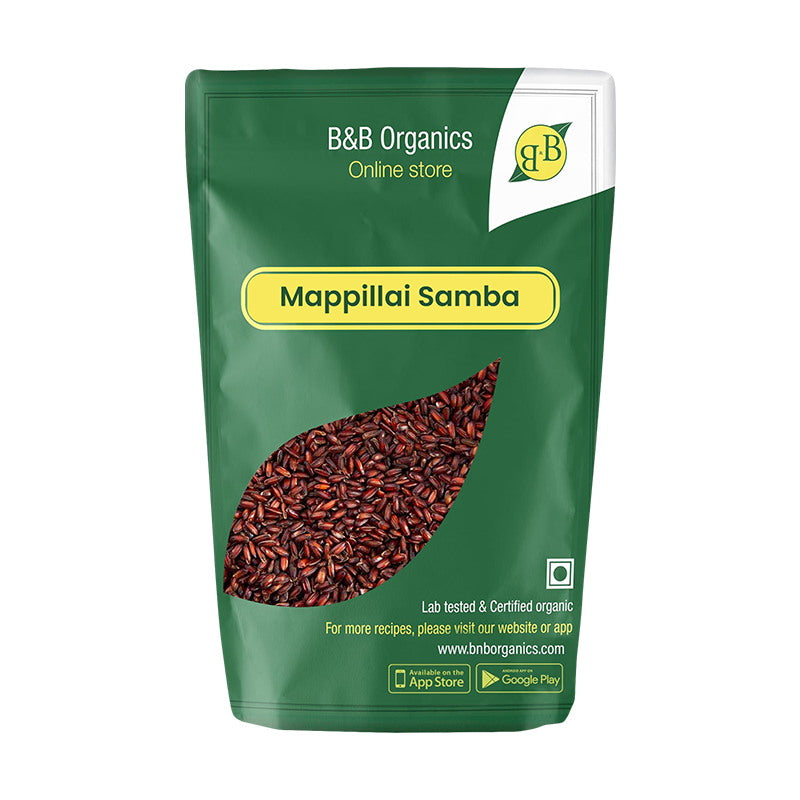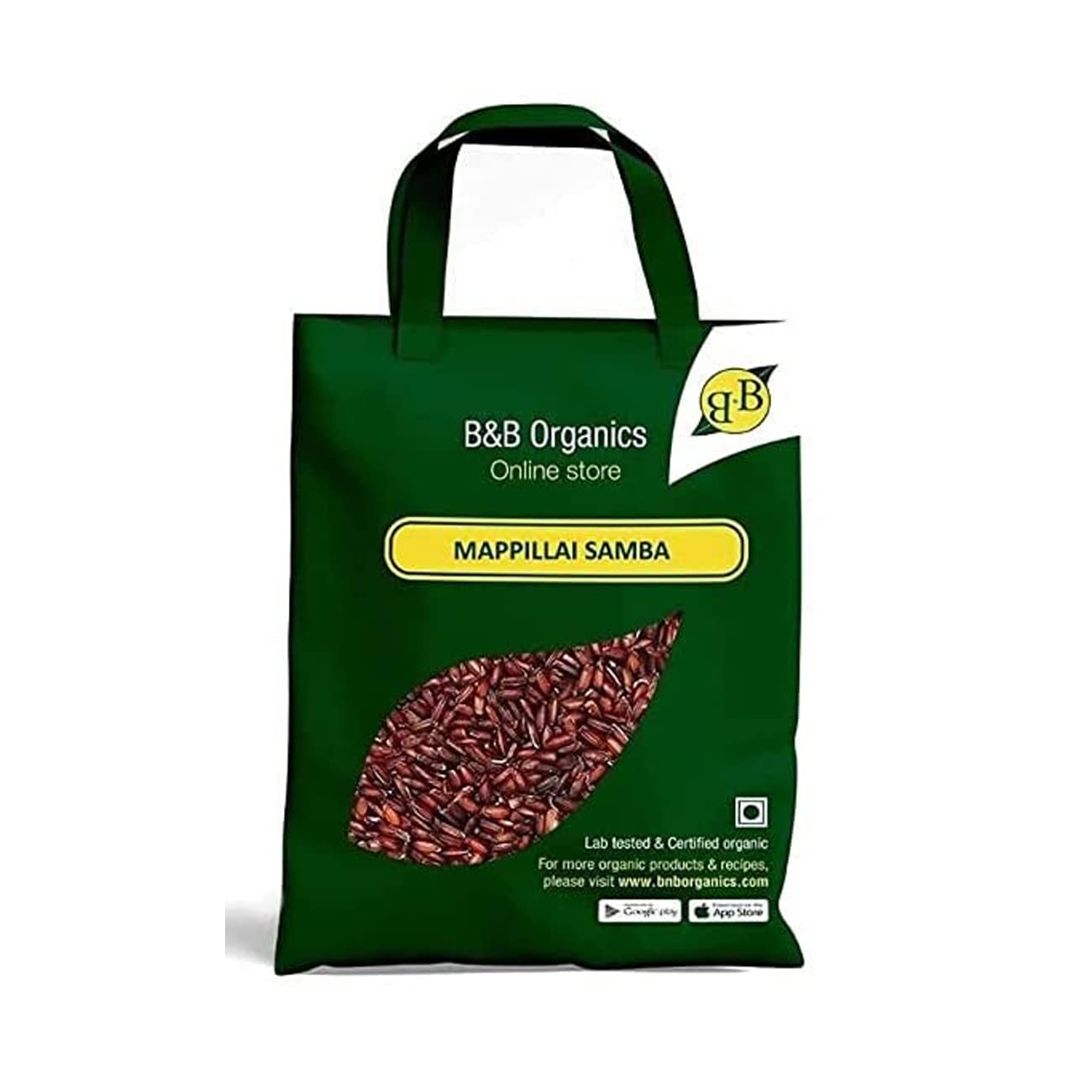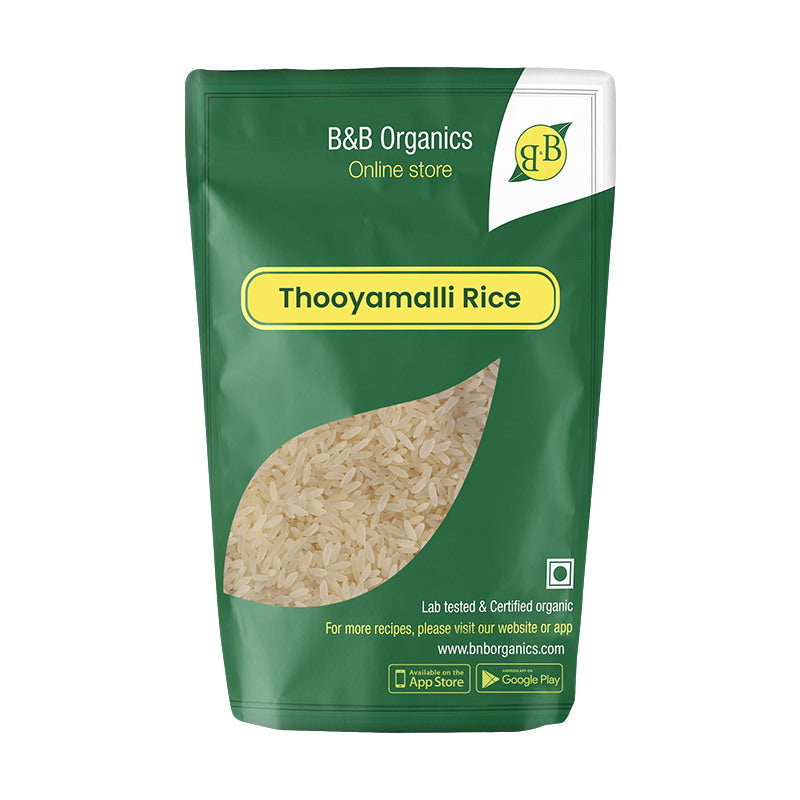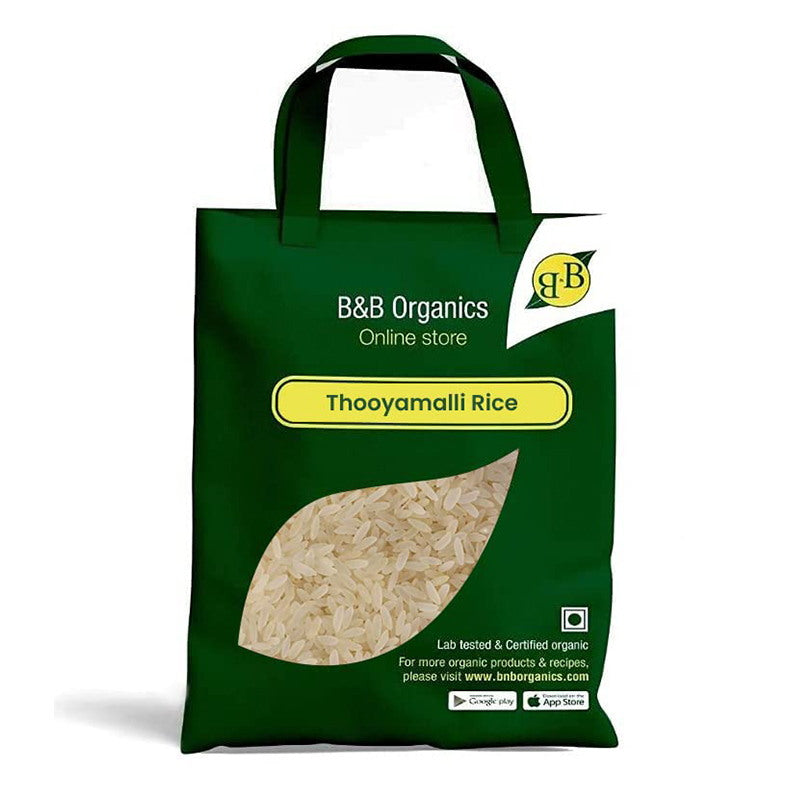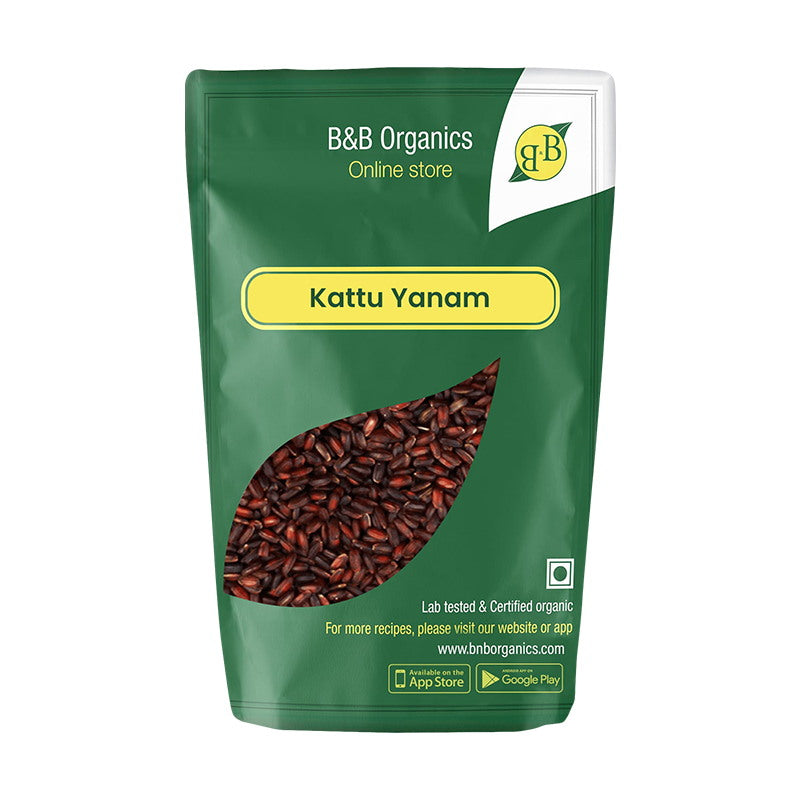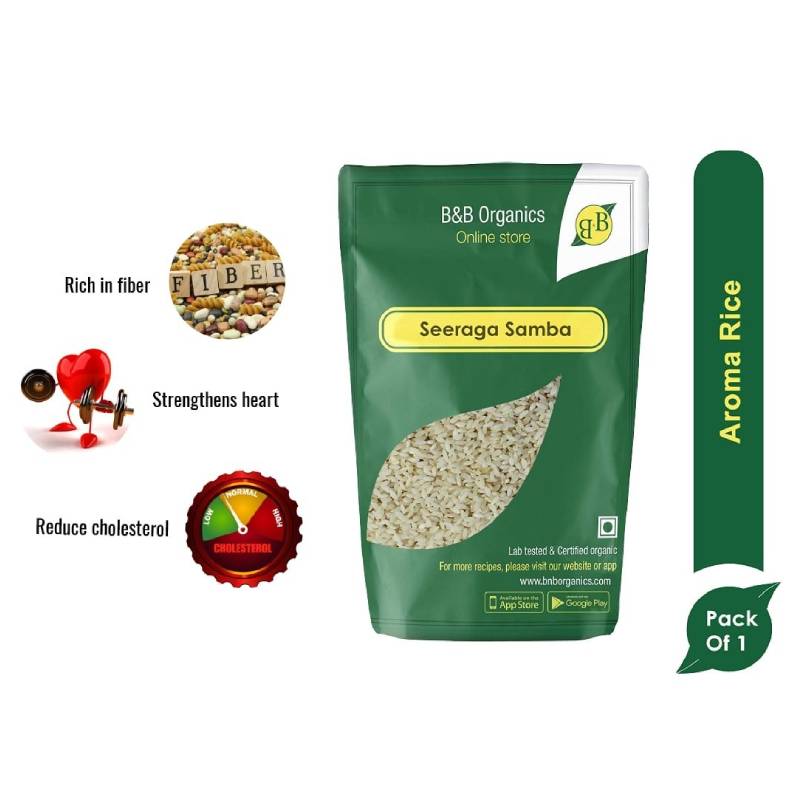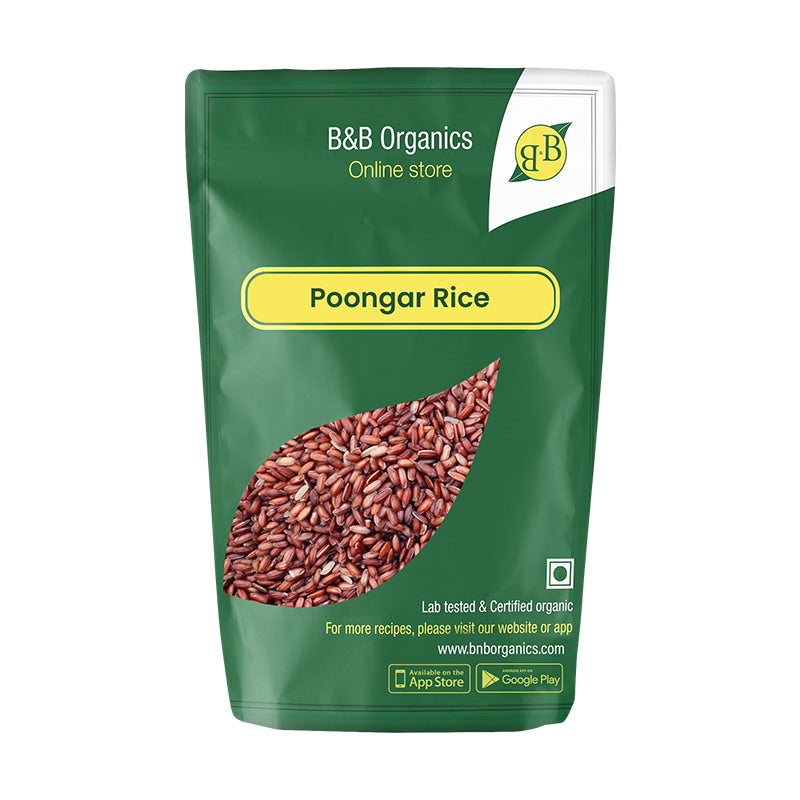While both honey and added sugars are forms of sugar and a supply of sweet, honey is usually touted as the healthy alternative with greater nutritive value, but is this truly the scenario? Here is a detailed view of sugar vs honey along with a decision on whether honey is way healthier.
What makes sugar and honey differ from one another?

Honey and sugar both are sources of complex carbohydrates, particularly sugar from simple carbs. While both sugar and honey are mainly composed of simple carbohydrates, their total composition is unique.
Glucose and fructose, which are monosaccharides that are found in equal quantities in sugar cane and sugar beets, make up the disaccharide sucrose, also referred as sugar.
Sugar Content of Honey vs. Sugar:
Refined sugar has a few calories per gramme that honey does not. Table sugar includes 100 g of sugar per 100 g, whereas honey has 82.4 g of sugar per 100 g. This variation is primarily driven by the reality that honey includes more moisture than sugar, that is 100 percent sucrose.
Sugar vs. Honey Calories:
Table sugar has much more calories in each serving than honey as it contains more sugar per serving. Refined sugar has 387 calories per 100 g, while honey has 304 kcal. Honey has slightly more calories per teaspoon than sugar as it is a fluid if evaluated by volume: one tbsp of honey has 63.8 kcal, opposed to 46.5 for one tbsp of sugar.

Sugar vs. Honey's Gi:
A food's glycemic index, or GI, shows us how rapidly or slowly it will elevate levels of blood sugar following intake; the higher a food is rated on the GI metre, the quicker levels of blood sugar will rise after usage. As sugar has a greater gi than honey, this will cause blood sugar levels to rise more quickly. This is put on by sugar's greater fructose level. On the glycemic index scale, honey rates on average at 61, while sugar is rated at 65. Honey's exact glycemic index score varies due to its different compositions. The difference is hardly visible overall.
Honey's health benefits include:
Despite the fact that not all honey is made equal, raw honey has a variety of health benefits.
Antioxidants source:
As per research, honey's antioxidant content is accountable for some of the main medicinal benefits. Flavonoids, phytochemicals, and ascorbic acid just are a handful of the substances found in organic fresh honey that act as antioxidants. It's been proven that these compounds, especially flavonoids, have anti-inflammatory qualities as well as other beneficial compounds.
Mineral and vitamin sources:
Honey is a found naturally source of minerals and vitamins in addition to having antioxidant qualities. As bees pollinate regions and kinds of plants, the exact nutritional composition will differ from one honey to another. But, it has been found that organic honey also has trace levels of riboflavin, niacin, manganese, calcium, potassium, magnesium, phosphorus, pantothenic acid, and zinc.
Antibacterial, antifungal, and anti-inflammatory characteristics:
Honey has many health benefits, but some of the more exciting ones are its antifungal, antibacterial, and anti-inflammatory qualities. According to research, honey that is fresh and unpasteurized has the capability to fight harmful bacteria and fungus as it contains hydrogen peroxide, a strong antiseptic. A typical cold or cough can be eased by certain kinds of honey, and it is also proven to assist the wound healing of minor burns, and itchy skin like psoriasis. Also, fresh, unpasteurized honey contains a mixture of regional pollen that some specialists claim may help to reduce seasonal allergic reactions, while modern scientific evidence is unclear.
Sugar's benefits include:
Interestingly, sugar has some benefits.
Organic Content:
Sugar is a component that happens naturally, technically. While most of the refined table sugar nowadays is produced from sugar beets, some of which are

genetically altered, originally, sugar is produced from sugarcane, an organic crop that is full of fiber.
Less Calories:
Sugar has fewer total calories per volume intake than that of other foods. As a result, while weighing sweeteners for a recipe, 1 cup of sugar contains 774 calories per serving versus 1,031 kcal per cup of honey.
Affordable and Flexible:
Sugar, particularly refined white sugar, is significantly less expensive than honey and is widely utilised in numerous various recipes all over the globe.
The fact that there are multiple kinds of sugar as well as some differences among white sugar, cane sugar, brown sugar, and other kinds of sugar, despite small nutritional differences, must not be ignored.
Honey concerns:
There are various health risks connected with honey, apart from rare sensitivities in some people. While there are a few calories extra in each serving, the difference is small.
Sugar Concerns:
Sugar has been routed to further health issues than honey. Higher risk of sickness, excess weight, obese, diabetes type 2 and cardiovascular disease are all linked to a high calorie consumption from processed and refined sugar.
Which is the healthier option?
The differences between honey and sweet in terms of calories and amount of sugar are negligible, yet overall, honey has marginally higher medical benefits than refined sugar due to its probable antibacterial, anti-inflammatory, and antioxidant capabilities. Also, honey includes minute quantities of the calcium, minerals, zinc, iron, potassium, magnesium, phosphorus, chromium, selenium, and manganese along with the B vitamins pantothenic acid, riboflavin, folic acid, niacin, vitamin C, and vitamin B6. To obtain any appreciable level of these substances, it needs to be coupled with such excessive quantities of sugar and honey, likely offsetting the other benefits.
Conclusion:
Despite honey having greater nutrient benefit than refined sugar, both sugar and honey can have adverse effects on metabolic control when consumed in abundance. If you want to benefit from the antibacterial, antioxidant, anti-inflammatory, and antifungal activities and health benefits of honey, pick locally and raw honey.
